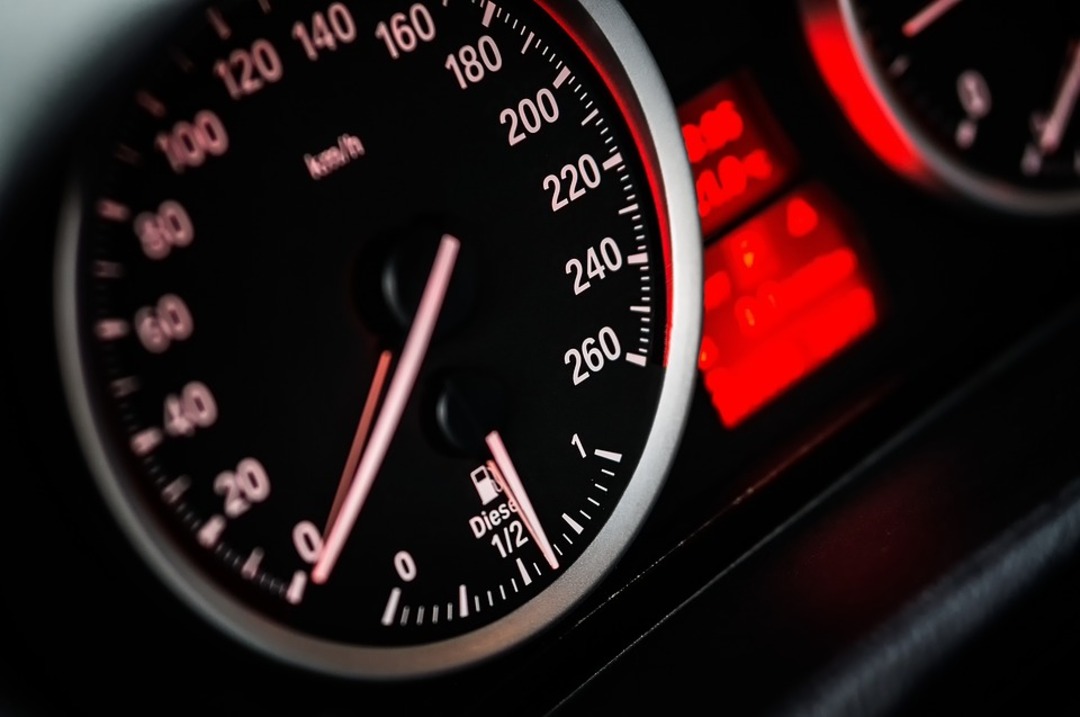-
UK car industry suffers weakest March for new sales since 1998

According to new figures, the Standard news website reported, the UK’s automotive industry suffered its worst March for new car sales since 1998.
The Society of Motor Manufacturers and Traders (SMMT) said that just 243,479 new cars were registered last month.That is down 14.3% compared with March 2021.
According to the report, it is the lowest March total since 1998, which was prior to the introduction of new number plates every March and September.
SMMT chief executive Mike Hawes described the figures as “deeply disappointing”, with March crucial for the industry because it is normally the busiest month of the year as buyers demand the latest number plate.
He said: “While demand remains robust, this decline illustrates the severity of the global semiconductor shortage, as manufacturers strive to deliver the latest, lowest emission vehicles to eagerly awaiting customers.

“Placing orders now will be beneficial for those looking to take advantage of incentives and lower running costs for electric vehicles, especially as the Ukraine crisis could affect supply still further.
“With increasing household and business costs, Government must do all it can to support consumers so that the growth of electric vehicles can be sustained and the UK’s ambitious net zero timetable delivered.”
The UK has pledged to reach net zero for carbon emissions by 2050.
London marine insurers extend high-risk area to all Russian waters
The help achieve this, sales of new petrol and diesel cars and vans will be banned from 2030.
Last month the Department for Transport announced a plan to increase the number of public electric vehicle chargepoints in the UK from 30,000 to 300,000 by that date.
A record 64,165 battery electric vehicles (BEVs) were registered in March.
British transport minister: UK prevents use of private jet linked to Russian oligarchs
That is up 78.7% on the same month in 2021, taking a 16.1% market share.
More BEVs were registered last month than during the whole of 2019.
Source: standard
You May Also Like
Popular Posts
Caricature
BENEFIT Sponsors BuildHer...
- April 23, 2025
BENEFIT, the Kingdom’s innovator and leading company in Fintech and electronic financial transactions service, has sponsored the BuildHer CityHack 2025 Hackathon, a two-day event spearheaded by the College of Engineering and Technology at the Royal University for Women (RUW).
Aimed at secondary school students, the event brought together a distinguished group of academic professionals and technology experts to mentor and inspire young participants.
More than 100 high school students from across the Kingdom of Bahrain took part in the hackathon, which featured an intensive programme of training workshops and hands-on sessions. These activities were tailored to enhance participants’ critical thinking, collaborative problem-solving, and team-building capabilities, while also encouraging the development of practical and sustainable solutions to contemporary challenges using modern technological tools.
BENEFIT’s Chief Executive Mr. Abdulwahed AlJanahi, commented: “Our support for this educational hackathon reflects our long-term strategic vision to nurture the talents of emerging national youth and empower the next generation of accomplished female leaders in technology. By fostering creativity and innovation, we aim to contribute meaningfully to Bahrain’s comprehensive development goals and align with the aspirations outlined in the Kingdom’s Vision 2030—an ambition in which BENEFIT plays a central role.”
Professor Riyadh Yousif Hamzah, President of the Royal University for Women, commented: “This initiative reflects our commitment to advancing women in STEM fields. We're cultivating a generation of creative, solution-driven female leaders who will drive national development. Our partnership with BENEFIT exemplifies the powerful synergy between academia and private sector in supporting educational innovation.”
Hanan Abdulla Hasan, Senior Manager, PR & Communication at BENEFIT, said: “We are honoured to collaborate with RUW in supporting this remarkable technology-focused event. It highlights our commitment to social responsibility, and our ongoing efforts to enhance the digital and innovation capabilities of young Bahraini women and foster their ability to harness technological tools in the service of a smarter, more sustainable future.”
For his part, Dr. Humam ElAgha, Acting Dean of the College of Engineering and Technology at the University, said: “BuildHer CityHack 2025 embodies our hands-on approach to education. By tackling real-world problems through creative thinking and sustainable solutions, we're preparing women to thrive in the knowledge economy – a cornerstone of the University's vision.”
opinion
Report
ads
Newsletter
Subscribe to our mailing list to get the new updates!






















